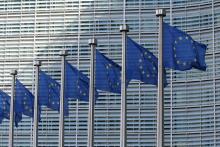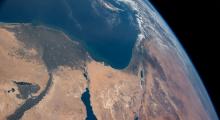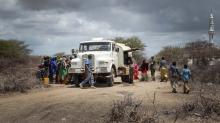Revisiting the Commission on Climate Change and Development in the polycrisis context
During the first decades of climate policy discourse and multilateral negotiations, most attention was given to the reduction of greenhouse gas emissions. Adaptation took a back seat and focused mostly on identifying the urgent and immediate needs of developing countries. There were limited efforts to integrate mitigation, adaptation, disaster risk reduction and development more generally.












